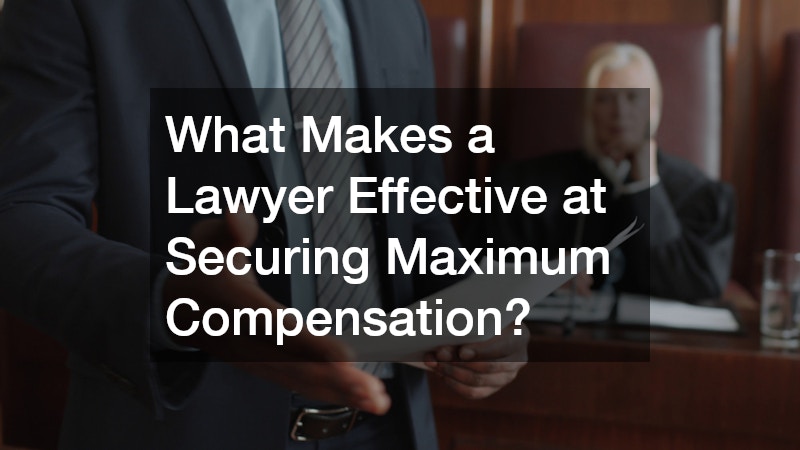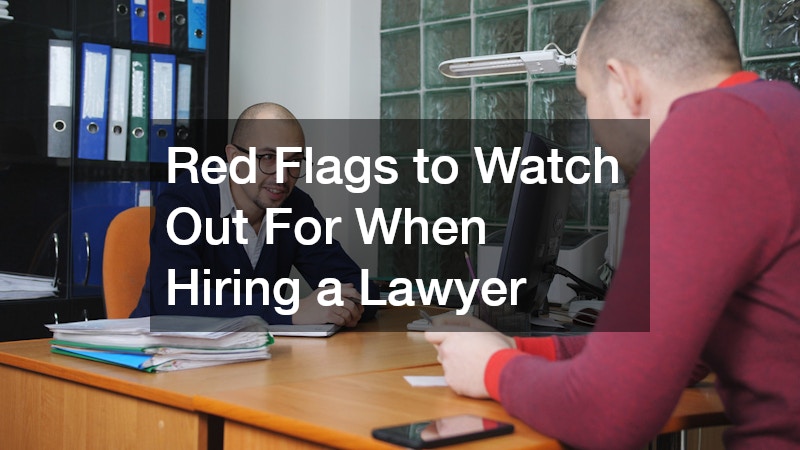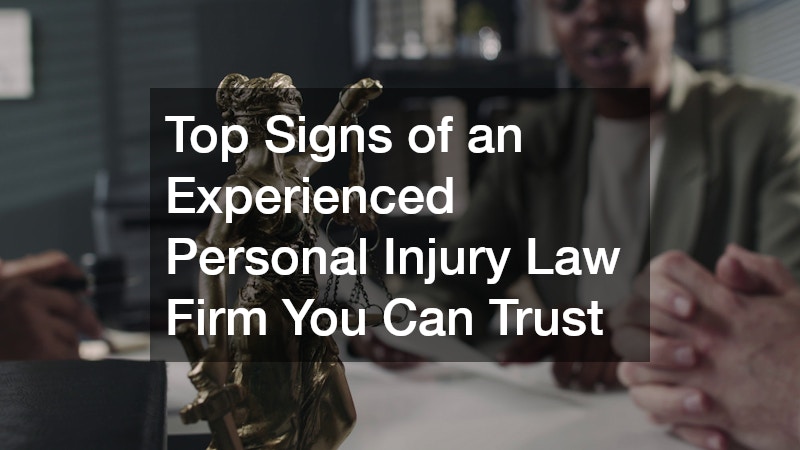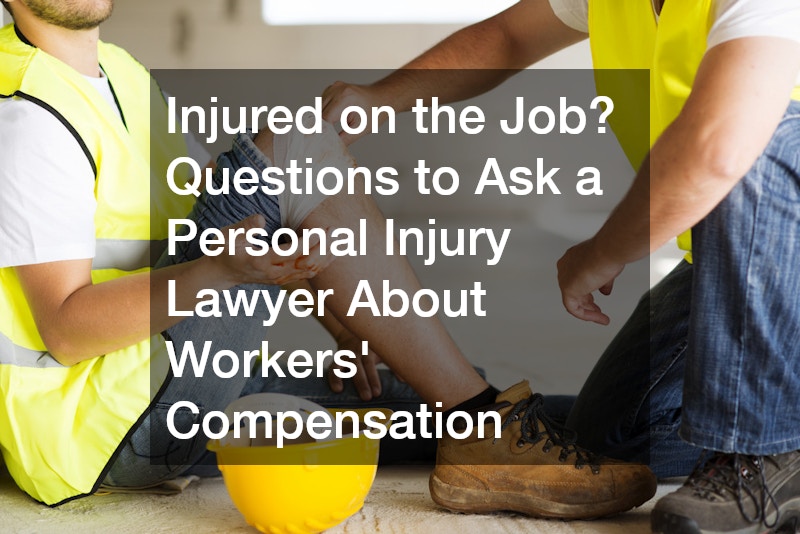
If you sustained injuries because of someone else’s negligence, whether in the workplace or elsewhere, securing the compensation you deserve starts with hiring the right legal professional. Choosing a personal injury lawyer isn’t just about picking someone with a license—it’s about finding an advocate who will fight relentlessly for your best interests.
This article is designed to help workers and victims of personal injury navigate the selection process and find an attorney who can truly make a difference in the outcome of their case.
Why Your Choice of Lawyer Matters in a Personal Injury Case
When you’re recovering from an injury, you need someone in your corner who knows how to deal with insurance companies, legal procedures, and complicated paperwork. Personal injury lawyers vary greatly in experience, approach, and results. The difference between a lawyer who settles quickly and one who is prepared to go to trial can significantly impact the compensation you receive.
A strong personal injury attorney will investigate the details of your case, gather necessary evidence, build a compelling argument, and negotiate assertively with insurers or the opposing party. More importantly, they’ll be willing to take your case to court if a fair settlement isn’t offered. This makes selecting the right lawyer a critical step in your recovery journey, both physically and financially.
What Makes a Lawyer Effective at Securing Maximum Compensation?

Not every lawyer is built the same when it comes to getting the most for their clients. So, how do you determine which one is the best fit?
Look for these qualities:
- Experience in Personal Injury Law: Lawyers who focus primarily on personal injury cases understand the strategies needed to win.
- Track Record of Success: Look for attorneys who have secured high settlements or verdicts in cases similar to yours.
- Aggressive Negotiation Skills: Your lawyer must be confident in facing insurance companies that often try to lowball victims.
- Trial Readiness: A lawyer willing to go to court adds pressure on the opposing side to offer fair compensation.
- Client-Centered Approach: You should feel heard, informed, and supported throughout the process.
How to Select a Personal Injury Lawyer Who Will Fight for Maximum Compensation
Choosing the right personal injury lawyer involves more than just searching online or going with the first option you see. You need to evaluate their qualifications, reputation, and dedication to your case.
Here’s a step-by-step process:
- Research and Shortlist:
- Use legal directories, bar association listings, and verified online reviews.
- Ask friends, coworkers, or family members for referrals.
- Check Credentials:
- Ensure they’re licensed in your state and have no disciplinary actions.
- Review their website for case results and client testimonials.
- Assess Their Specialization:
- Make sure personal injury is their main practice area, not a sideline.
- Schedule Consultations:
- Most lawyers offer free initial consultations. Use this to get a feel for their communication style and strategy.
- Evaluate Their Communication:
- Do they explain things clearly?
- Are they patient and respectful?
- Will they handle your case personally or pass it to a junior associate?
Questions to Ask a Personal Injury Lawyer Before Hiring
When you’re in the consultation stage, knowing what to ask is essential. These questions to ask a personal injury lawyer will help you uncover whether they’re equipped to fight for maximum compensation:
- How long have you been handling personal injury cases?
- What types of injury cases do you specialize in?
- Can you share examples of settlements or verdicts you’ve achieved for similar cases?
- How do you approach negotiations with insurance companies?
- Will you take my case to trial if needed?
- How are your fees structured? Do you work on a contingency basis?
- How involved will I be in decision-making?
- What is your current caseload? Will you have time to focus on my case?
The answers to these questions will not only reveal their experience and strategy but also their commitment to your individual case.
Red Flags to Watch Out For When Hiring a Lawyer

Sometimes knowing what to avoid is just as important as knowing what to look for. Here are some red flags that may indicate the lawyer isn’t the right fit:
- Guarantees of Success: No lawyer can promise a specific outcome.
- Lack of Trial Experience: If they’ve never been to court, they may push for quick, low settlements.
- Poor Communication: Unreturned calls, vague answers, and lack of updates are warning signs.
- High-Pressure Tactics: A reputable lawyer will never pressure you to sign a contract on the spot.
Final Thoughts: Empower Yourself with the Right Legal Partner
Selecting a personal injury lawyer is one of the most important decisions you can make after an injury. The right lawyer doesn’t just manage paperwork—they aggressively protect your rights and ensure you don’t walk away with less than you deserve. Take the time to research, ask the right questions, and trust your instincts. With the right advocate by your side, you can focus on healing while they focus on winning the compensation you’re owed.




